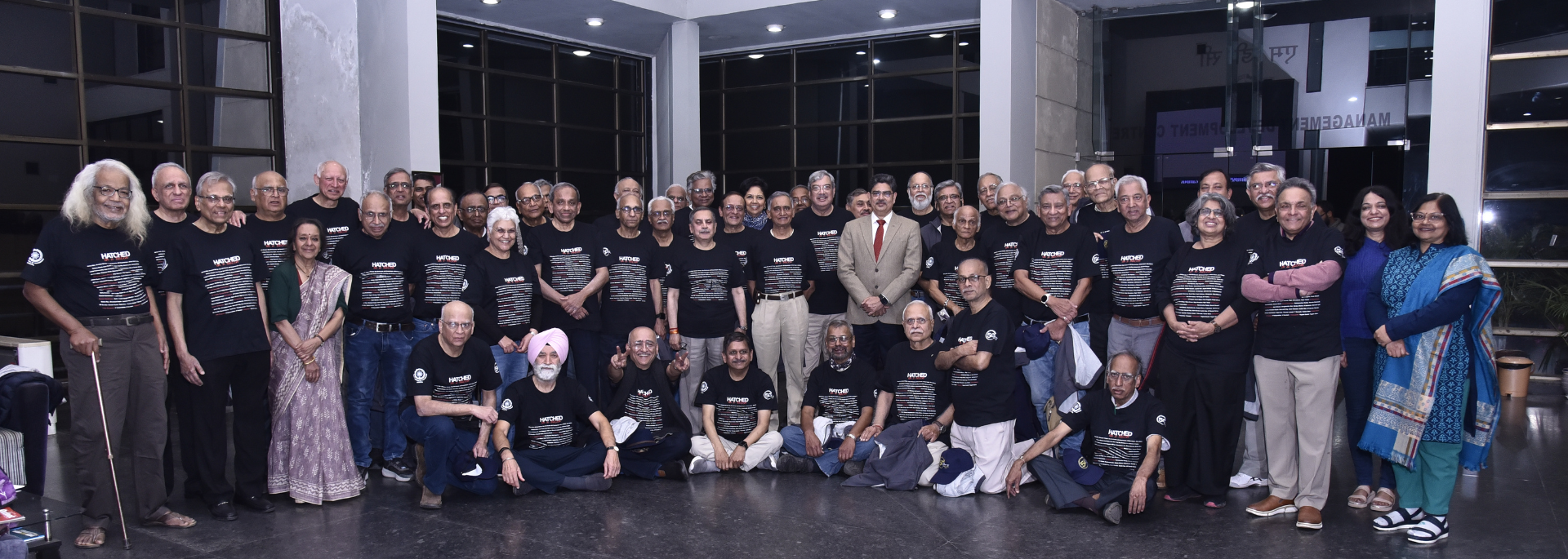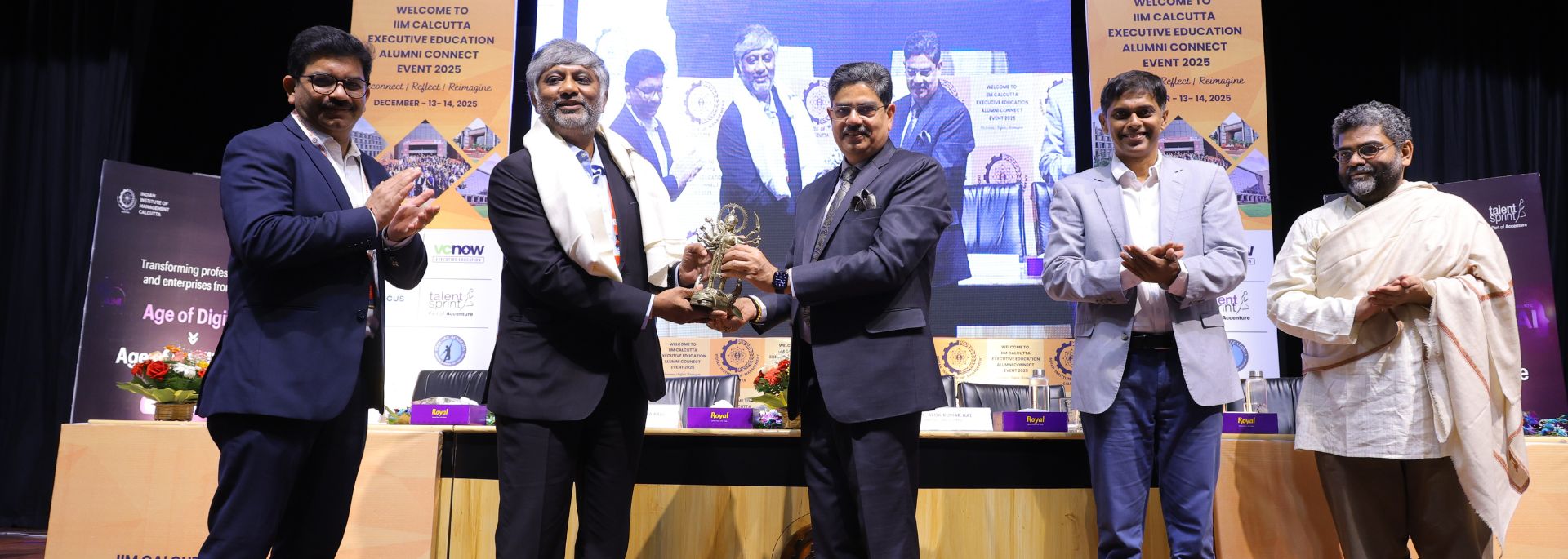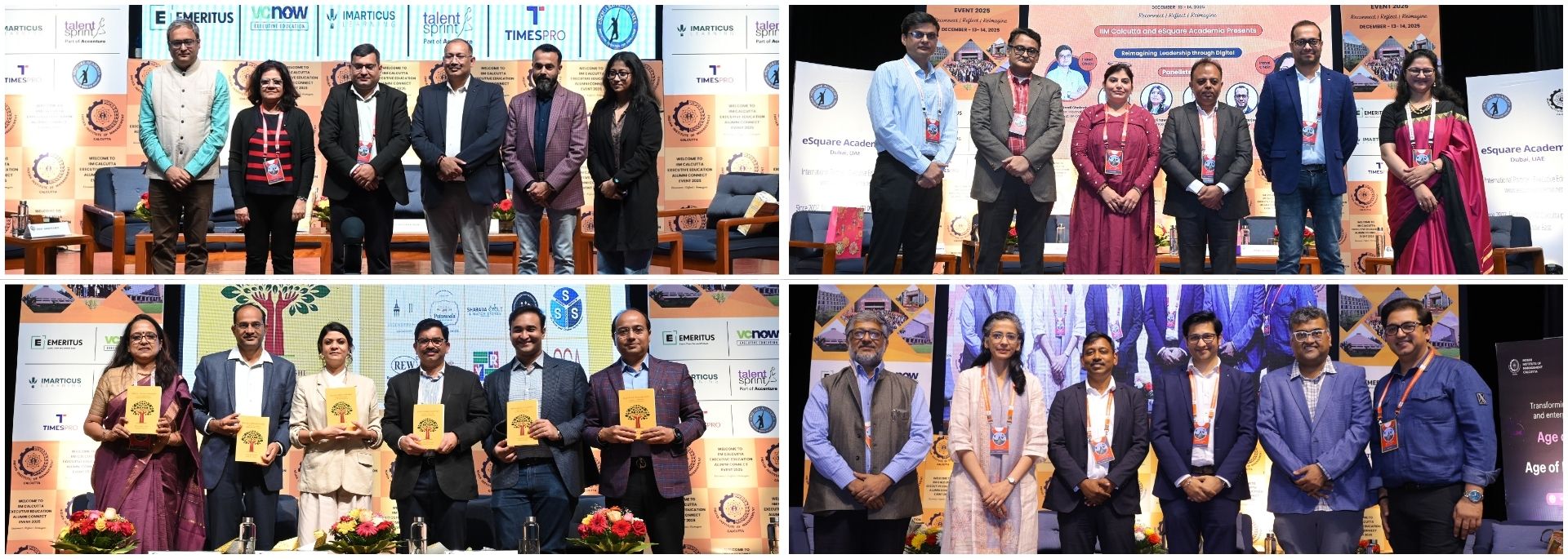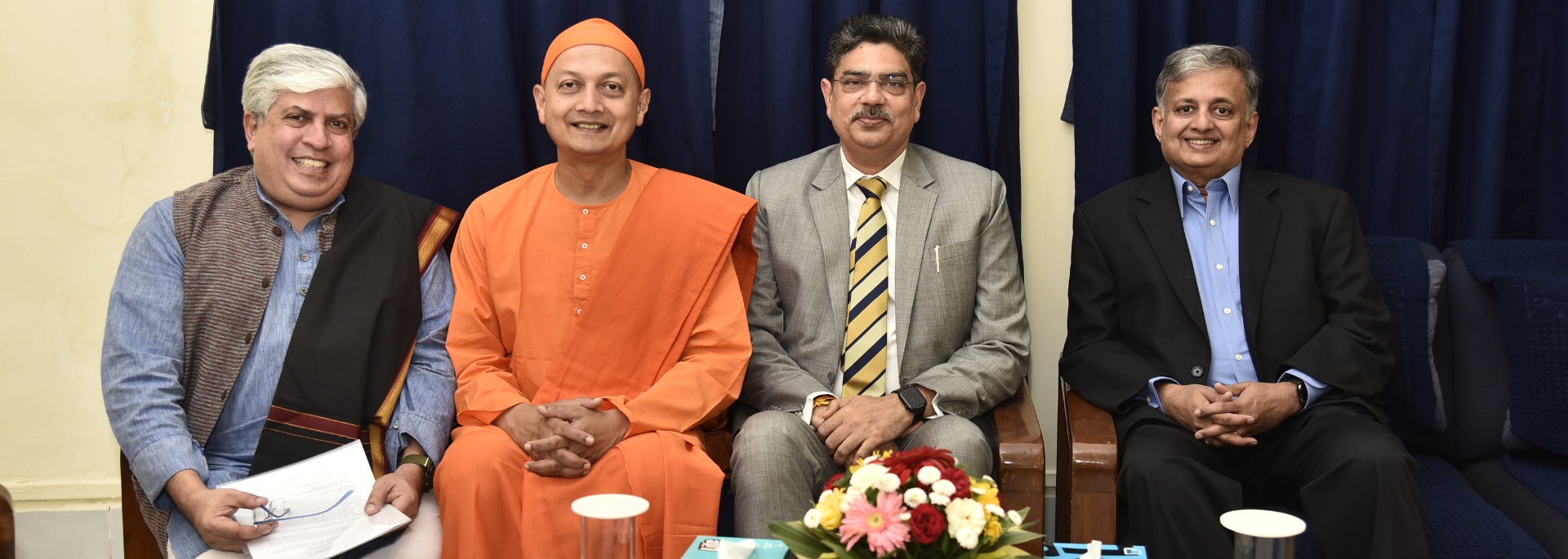
Ajeet Singh has cofounded two billion dollar startups and has raised hundreds of millions of dollars in the process. What does it take to achieve that level of success?
As with most entrepreneurs of his level, Ajeet Singh no doubt cares much more about the impact he has had than these data points. Yet, who doesn’t want to know what it takes to harness a stable of unicorns, and what it’s like to be at the top?
In a recent interview on the DealMakers Podcast, Ajeet shared his journey and the lessons learned on having multiple cofounders, hiring technical teams, startup fundraising, what you do once you make it to being Executive Chairman, and many more topic.
Design Thinking & The Problem With Large Companies
Ajeet Singh studied chemical engineering before taking on an MBA, majoring in finance and information systems.
He tried his hand at management consulting. Though as many young consultants find out, it’s a lot more about producing PowerPoint and Word documents than really making things happen yourself.
He made the move into the tech space and has been a ‘product guy’ ever since, building products or working with teams that build products that have never been built before, and more importantly, products that users really love using.
Ajeet spent time at Honeywell, then moved to the Valley in 2007. He joined Oracle as part of the Database Group, before moving onto Aster Data Systems.
It was at Aster Data Systems where he saw firsthand what startups are like and the contrast with large companies. He realized that when you're operating in large companies, you might have a lot of good ideas, but it’s hard to move fast.
From Ajeet‘s perspective, it was not easy to convince so many other people about the marriage of your ideas. In a large company, that means a small probability that ideas, good or bad will be liked. In a startup, those ideas will come to fruition fast, requiring you to raise the bar on your own ideas.
Thinking, Risk & Constant Improvement
Launching a new venture is always an exciting time and takes a significant spoonful of faith. If you’re dealing with this right now, Ajeet’s son was born the same week he started Nutanix.
We’ve all got our own opinions and tolerance for risk, as does this entrepreneur. Ajeet isn’t one to take big market risks. In other words, he’s more inclined to build something and wait a decade to see if there is a market for it and he is happy to take on what some might call ‘executional risk’ in taking on really big and complicated problems to solve.
Most significantly this founder sees the biggest risk as “not doing something, and growing old and looking back at my career and feeling that I didn't do what I really wanted to do.”
Thankfully he has a very supporting wife. In the process, this factor has given him great empathy for people that work at startups, because their families really have to enable them to be able to take these kinds of risks.
This is especially true when you are recruiting the best engineers, the best salespeople, and the best marketing people that you can find by any stretch of imagination. They could be somewhere else making a lot of money, having a lot of fun, in a really comfortable job. That creates a deep sense of obligation to their families.
That’s certainly a driving factor behind his mantra of “you’re only ever 2% done.” There is really no finish line. There is always more to do. Markets are getting bigger, and problems and opportunities are as well.
Today, Nutanix has almost 5,000 team members globally, with a market cap close to $7 billion. Though, Ajeet hasn’t let that level of success let him get lazy or too comfortable. In fact, he left that rocket ship to become an Entrepreneur-In-Residence with Lightspeed Venture Partners, while beginning to incubate his next startup idea.
ThoughtSpot
Ajeet saw that with big data technologies the ability to store and manage lots and lots of data was becoming cheaper, faster and better, but how that data was consumed by the end users wasn't changing.
He wanted to make getting answers to data questions as easy as using Google search for everything else. That’s when ThoughtSpot was born.
Today, the company is making it simple for all business users to interact and even converse with their data so they can make more informed and smarter business decisions.
So far they’ve raised $300 million at ThoughtSpot from investors like Lightspeed Venture Partners, Khosla Ventures, or General Catalyst. Today, ThoughtSpot has around 430 team members and is in the US, Europe, and Asia Pacific. The last round was a $145 million Series D financing. They are already over $1 billion in valuation.
The Role of the Executive Chairman
More recently Ajeet has moved up to take the role of Executive Chairman. As a company scales, sometimes culture can go sideways. So, Ajeet spends a lot of time communicating core values, culture, and putting in place systems and processes that help scale culture.
Understanding his team and their motivations are important to him; as a company expands, sometimes the people can feel lost about how their roles need to evolve and how they can grow with an organization.
As Executive Chairman, Ajeet says he’s able to spend more time with people, understanding what their frustrations are, and how can he help create an environment where people feel really fulfilled.
This founder believes a startup should be a place where not only they are successful as a business, but a platform where people can grow.
Even when people do leave, he says “I want them to do really, well after they leave, and I want to make sure while they're with us, we're adding the most value to them.” In fact, one of his personal goals is for ten unicorns to come out of this venture.
Ajeet’s Advice for New Founders
If Ajeet Singh could give one piece of advice to his younger self or other new founders, he says it would be “what I tell my kids: hang out with great people.” It's the people you hang out with that has the biggest impact. Great people who are really good at what they do, but also good people who have the right goals in life. If you hang out with great people, they'll build you up.
Listen in to the full podcast episode for all the details, as well as how to contact him directly with your ideas and questions, and to learn about:
- Managing a 7 cofounder startup
- Recruiting engineers
- The value of ‘Solo Off-Sites’
- Building a team with an entrepreneurial culture
- Transparency as the key to culture
- Applying design thinking around product
- Creating a remarkable customer experience













